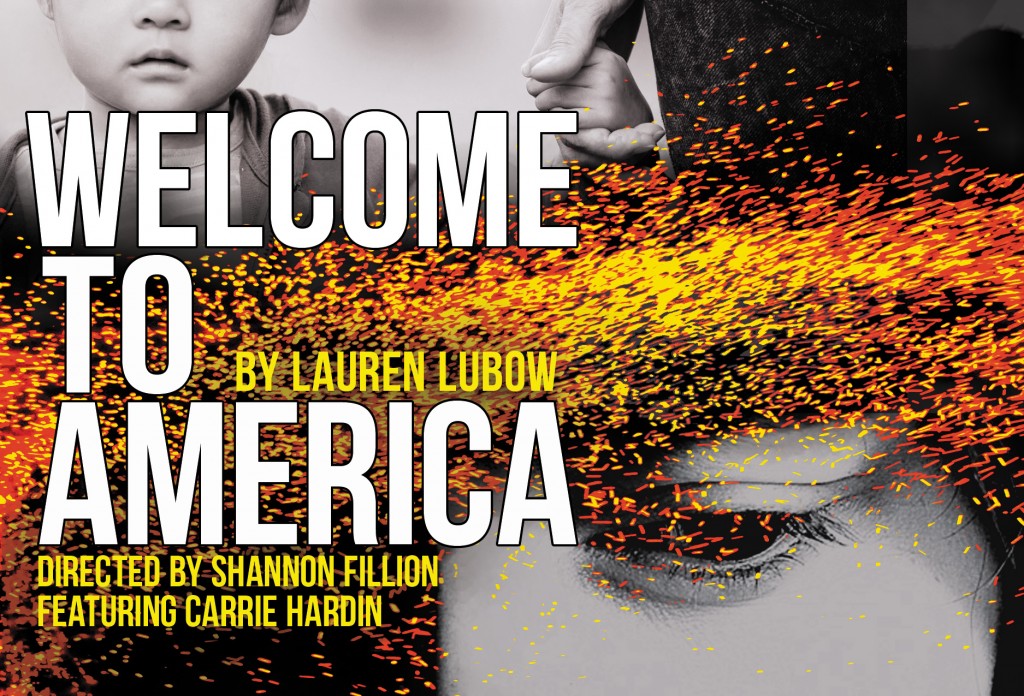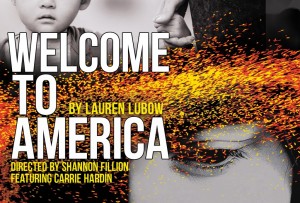
 Highly Recommended **** When I was around ten, my younger brother told me about executions in America. I didn’t believe him. Even then, I was an Anglophile, and to me executions were something the English did five-hundred years ago when things like slavery and torture were still considered acceptable. Undoubtedly at that age, the images in my head would have been mostly of romantic women: Anne Boleyn, Katherine Howard, Lady Jane Gray, and Mary, Queen of Scots, meeting their fates on the cruel block. In actual fact, my brother was correct: over 1,380 individuals have been executed in the United States, most by lethal injection, since the death penalty was reinstated in 1976. Only fifteen, or less than 2/100ths of 1 %, of those executions have been women. Only one of those women has been executed solely on the charge of killing her children: Christina Riggs.
Highly Recommended **** When I was around ten, my younger brother told me about executions in America. I didn’t believe him. Even then, I was an Anglophile, and to me executions were something the English did five-hundred years ago when things like slavery and torture were still considered acceptable. Undoubtedly at that age, the images in my head would have been mostly of romantic women: Anne Boleyn, Katherine Howard, Lady Jane Gray, and Mary, Queen of Scots, meeting their fates on the cruel block. In actual fact, my brother was correct: over 1,380 individuals have been executed in the United States, most by lethal injection, since the death penalty was reinstated in 1976. Only fifteen, or less than 2/100ths of 1 %, of those executions have been women. Only one of those women has been executed solely on the charge of killing her children: Christina Riggs.
I feel like Prologue Theatre Company’s production of Laura Lubow’s one-woman-play “Weclome to America,” about this (literally) unique victim of the death penalty, has rather upped-the-ante even further by casting the slim and glamorous Carrie Hardin as Christina Riggs who was neither. In doing so, their production forces us to confront execution in what, for most of society, are the most uncomfortable terms possible: this is a woman, she is beautiful, educated, and white, and she killed her children. Oh, and this is a woman who wants to die. Christina Riggs did not allow a defense to be presented during the penalty phase of her trial after, rejecting her insanity defense, the jury convicted her, posing thisethical and legal problems in the case, beyond those normally involved in taking a human life. As such, in Lauren Lubow’s play, we do not hear pleas for mercy. We simply hear and see Riggs life in jail, the story of her childhood, marriage, failed murder-suicide, and execution. As Ms. Hardin presents the Riggs’ story, under the direction of Shannon Fillion, she evokes gravity, not terror; compassion and empathy, not sympathy or condemnation; and it has to be said, sanity.
It’s a great and realistic performance, so much so that I regretted it was only 50 minutes, but it’s heavy stuff and the time goes slowly (in a good way). The script itself is very edgy, particularly the parts about the sexual abuse Riggs experienced as a child and its sympathetic portrayal of her psyche during the horrific (in fact, the horror downplayed) murder of her children and failed suicide attempt. Under the direction of Eli Grove, the technical aspects of this play are particularly affecting. The bright lighting (Jared Gooding) creates a sense of wholesomeness and moral purity which contrasts with Riggs abuse, crimes, and, I think, punishment. More visibly, set designer Ryan Emens and painter Ennis Martin have created a jail cell that looks clinical, real, and cramped, but with an expansive and beautiful backdrop of the sky. I am not sure if they had Oscar Wilde’s anti-death penalty poem “The Ballad of Reading Goal” on their radar when designing it, but it certainly calls lines from it, regarding a prisoner condemned to death, to mind: “I never saw a man who looked with such a wistful eye/upon that little tent of blue that prisoners call the sky.” Ultimately, this play, through a nuanced script, great acting and direction, and outstanding technical design condemns the death penalty without ever seeming like that is necessarily its purpose. It gives us evidence that, presumably, the jury was not allowed to hear at least during sentencing, and it forces us to confront stripped of our prejudices surrounding race, class, gender, and infanticide, what we have done over one-thousand-three-hundred-and-eighty times since 1976. It succeeds on every level: art, theatre, acting, and activism.
Welcome to America is being produced by The Prologue Theatre Company through November 16th at The Theatre Wit which is located at 1229 W. Belmont Ave, Chicago IL 60657. Performances are Thursday’s through Saturday’s at 8 pm and Sundays at 3pm. Regular tickets are $15. Student Tickets with an ID are $12 dollars, and can be purchased by calling 773-975-8150 or by visiting https://www.theaterwit.org/tickets/productions/209/performances#top
To see what others are saying, visit www.theatreinchicago.com, go to Review Round-up and click at “Welcome to America”






More Stories
“Joseph and the Amazing Technicolor Dreamcoat”
“The Book Of Mormon” ( Milwaukee) reviewed by Amy Menzel
“The Joffrey Ballet’s Golden Hour” reviewed by Carol Moore